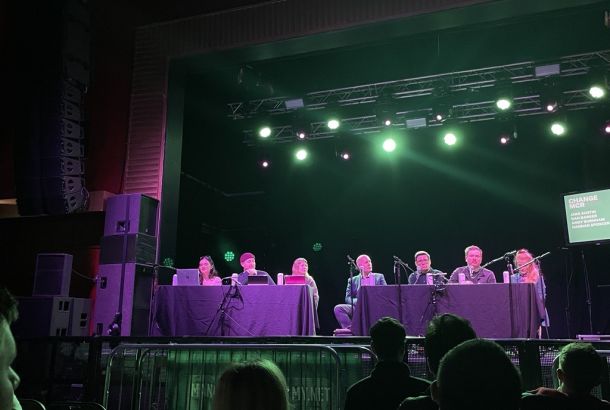UCAS should include school’s average grades to help poorer students
Admissions service UCAS should include the average grades a school achieves on application forms, says the University and College Union (UCU).
UCU are determined that by including school grades on UCAS forms the change will enable universities to identify the high achievers at unsatisfactory schools.
The use of contextual data has become increasingly popular in recent years, with 37 per cent of universities already implementing this information into the admissions process. 57 per cent have said they planned to do so.
Disadvantaged students remain underrepresented at high-end tariff universities. For every student from a poorer background gaining a place at one of these institutions, seven of their more advantaged counterparts make the cut.
This move could be part of a complete overhaul of the university application process, after it was suggested application forms should be ‘name-blinded’ in a bid to stop racial bias.
Critics have claimed the move could lead to social engineering of the HE system, where poorer students with lower grades could be granted places over those with better marks. Many insist assessing all students on the same information is the fairest way.
In September, Universities Minister Jo Johnson wrote to the admissions body asking them to publish data on students in disadvantaged areas to improve social mobility.
“To make our work on widening participation effective, we need the best possible data. UCAS in particular holds and publishes vast amounts of data on the outcomes of the admissions process, but to target widening participation efforts more effectively we need a better understanding of how students’ background, prior attainment and course choices lead to an offer of a place,” he said.
He continued stating that he wants “to see much more data being made available for academics to analyse and potentially link with other data sets” and that “there will be more work to do to increase the data available and ensure the trust of students who are involved.”
Alan Milburn, chair of the Social Mobility and Child Poverty Commission, said: “There is of course much more to do if this data is to be unlocked to the benefit of generations of disadvantaged children. As the Information Commissioner has made clear, it is perfectly possible to both protect the confidentiality of student data and allow these access issues to be fully analysed.”
However, there has been some improvement in entry rates for poorer students. Between 2009 and 2014, the number of students receiving free school meals gaining a place at university rose from 10 to 15 per cent.
Ian Wright, Labour MP and chair of the Business Innovation and Skills Select Committee, supports the change. He has heavily criticised UCAS’ stance on refraining from using this information in the past, stating it was part of a “worrying trend” in the Conservative government.
He said: “It seems that the government’s approach is: ‘You can’t judge our record because we are not releasing any information.’”







